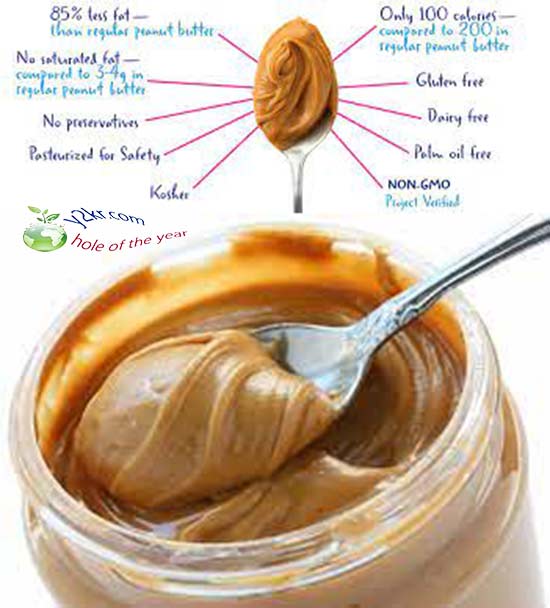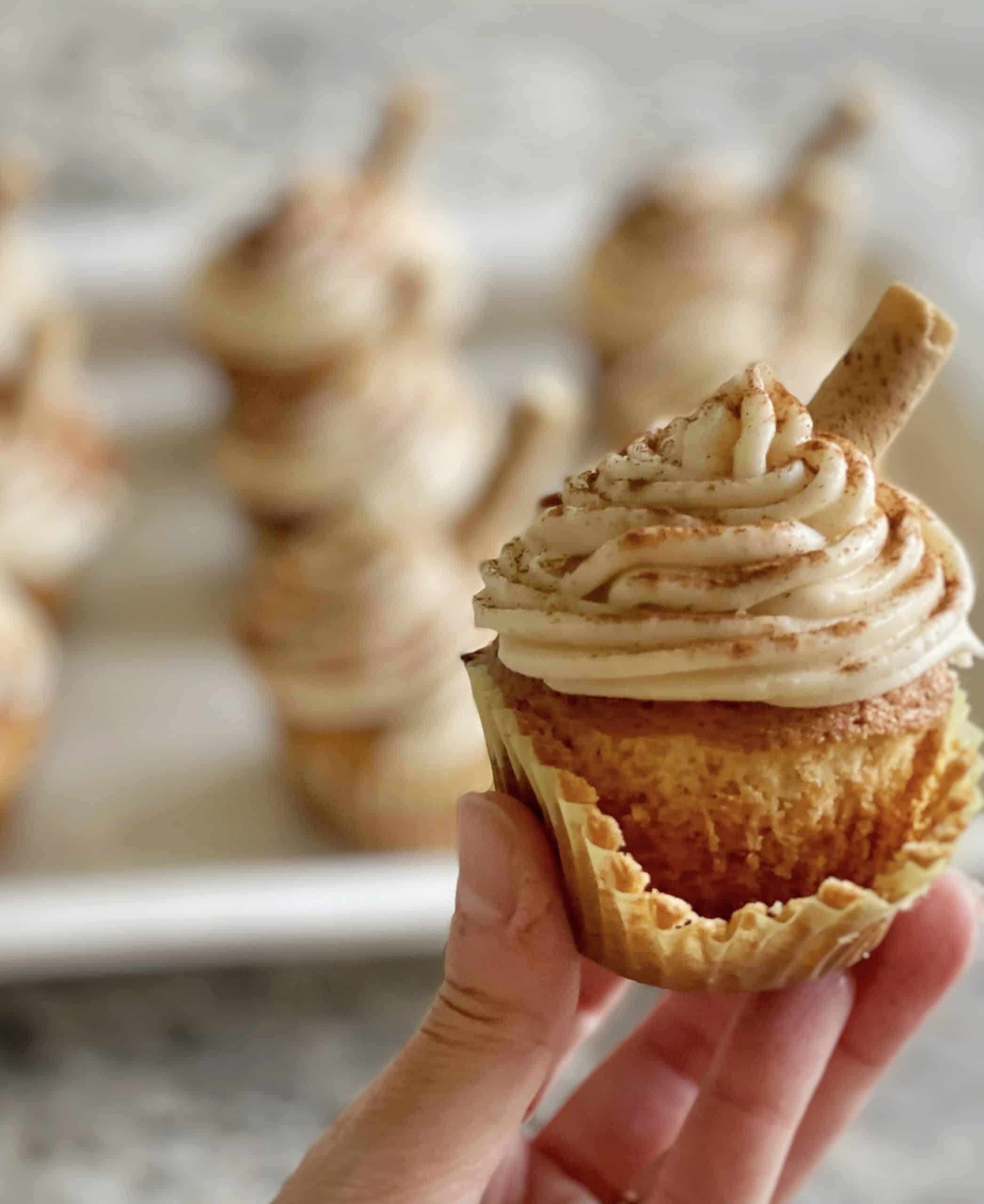Peanut butter has become a staple on many American tables, with an average consumption of three pounds per person each year. This creamy delight is not just loved for its taste but also valued as an affordable plant-based protein source. If you’re someone searching for information on how many calories in a peanut butter, you’re in the right place. We’ll explore the nutritional aspects of peanut butter and whether it’s a healthy choice for you.
Is Peanut Butter a Healthy Choice for You?
Peanut butter, while rich in both fats and calories (two tablespoons provide a quarter of your daily fat intake), has its nutritional advantages. However, it’s essential to note that peanuts are among the top eight food allergens in the United States, affecting around 1.4% of the population or 4.6 million individuals. So, is peanut butter a wise choice for most people? Let’s delve into the answers.

Peanut Butter A Nutritional Overview
Peanut butter packs in 190 calories per two-tablespoon serving, with 16g of fat, 8g of carbohydrates, 2g of fiber, and 7g of protein. Beyond its calorie content, peanut butter is a treasure trove of nutrients, including healthy fats, folate, potassium, vitamin E, and various B vitamins. These values are based on USDA data for 32g of smooth peanut butter with added salt.
Exploring Peanut Butter’s Nutritional Composition
What Does Peanut Butter Contain?
To truly understand the nutritional impact of peanut butter, let’s break down its components.
Carbs Low and Gradual Impact
Peanut butter is renowned for its low carbohydrate content, with carbs making up only about 13% to 16% of its total weight. This results in a remarkably low glycemic index (GI) of just 14, making it an excellent choice for managing blood sugar levels.
Fats The Good and the Minimal Bad
While a serving of peanut butter contains 16 grams of fat, the majority of this fat is of the “healthy” variety, including monounsaturated and polyunsaturated fats. Only around 4% consists of “unhealthy” saturated fat.
Protein A Plant-Based Powerhouse
Peanut butter is an excellent source of plant-based protein, with approximately 35% of its weight being protein. However, it’s crucial to choose brands with minimal added ingredients like sugar, vegetable oils, and trans fats.
A Balanced Energy Source
Peanut butter provides a balanced mix of macronutrients, including carbohydrates, protein, and fats. A 3.5-ounce (100-gram) portion of peanut butter contains:
– Carbohydrates: 22 grams (14% of calories), with 5 grams of fiber
– Protein: 22.5 grams (14% of calories)
– Fat: 51 grams (approximately 72% of calories)
While peanut butter offers substantial protein content, it is relatively low in the essential amino acid methionine, which is characteristic of legume-based proteins. However, this deficiency is rarely a concern for individuals in good health.
Nutrient-Rich Peanut Butter A Treasure Trove of Vitamins and Minerals
Discover the Nutritional Bounty
In just a 32-gram serving of peanut butter, you’ll find a wealth of essential nutrients that contribute to your daily recommended intake (RDI). These include copper, manganese, vitamin B3 (niacin), iron, folate, potassium, vitamin E, vitamin B1 (thiamine), magnesium, vitamin B5 (pantothenic acid), zinc, and vitamin B6 (pyridoxine).
However, it’s important to note that peanuts and peanut butter do not provide vitamins A or C.

Calories Packed with Nutrition
Peanut butter may be calorie-dense, boasting 191 calories per serving, but it also offers a substantial nutritional payload. Its satiating qualities can lead to reduced overall food consumption, promoting a sense of fullness that supports your health.
Health Benefits Beyond Nutrition
Beyond its impressive nutritional profile, peanut butter harbors compounds that may offer additional health advantages:
Aiding Weight Management: The blend of protein and healthy fats in peanut butter may promote a sense of fullness, potentially aiding weight management by curbing appetite and encouraging healthier eating habits.
Reducing the Risk of Heart Disease: Some research suggests that the antioxidant resveratrol found in peanuts could have cardiovascular benefits, including reducing inflammation, improving circulation, and lowering blood pressure.
Balancing Blood Sugar: Peanut butter may help mitigate post-meal blood sugar spikes, making it a suitable option for individuals with type 2 diabetes.
Embracing the Nutrient-Rich Fat of Peanut Butter
Diving into the Heart-Healthy Fats
Peanut butter’s reputation as a high-fat food is well-deserved, but don’t let this deter you. Moderate consumption of pure peanut butter or whole peanuts can be compatible with a weight-loss regimen.
The Heart-Healthy Fats: Peanut butter is rich in heart-healthy monounsaturated fats like oleic acid, also found in olive oil. It also contains linoleic acid, an essential omega-6 fatty acid.
Balancing Blood Sugar: Recent research suggests that adding peanut butter to meals can help mitigate post-meal blood sugar spikes, making it a favorable option for those with type 2 diabetes.
Fortifying Muscles: Peanut butter provides essential magnesium and protein, contributing to muscle health and strength development.
Enhancing Memory: Studies have indicated that regular consumption of peanuts and peanut butter may lead to improved memory function.
Peanut Allergies A Serious Concern
It’s crucial to acknowledge peanut allergies, which can range from mild to life-threatening. Approximately 1% of the U.S. population and 2% of children are affected by peanut allergies. The American Academy of Allergy, Asthma, and Immunology recommends introducing peanuts into a child’s diet early to sensitize them and potentially prevent allergies.
Exploring Peanut Butter Varieties
The peanut butter landscape offers numerous options to cater to diverse preferences, from natural and organic varieties to those with added ingredients like salt, sugar, or artificial sweeteners. There are also options ranging from crunchy to smooth peanut butter.
For those mindful of calorie intake, peanut butter protein powder presents an alternative with fewer calories and fat.
Savoring Peanut Butter A Versatile Culinary Delight
Peanut butter’s culinary versatility knows no bounds:
– Enjoy it as a quick snack or spread it on fruits and crackers.
– Mix it into yogurt or blend it into your favorite smoothie.
– Use it in savory dishes like noodles and curries.
– Classic PB&J sandwiches never go out of style.
Peanut Butter The Nutrient-Rich Allure
Peanut butter offers a wealth of nutritional benefits, from being a robust protein source to containing essential vitamins and minerals. While it’s calorie-dense, moderation is key to enjoying its goodness without guilt. Focus on maintaining a balanced diet and making mindful choices in your overall food consumption. So, embrace the versatility and richness of peanut butter in your diet and reap its nutritional rewards.















